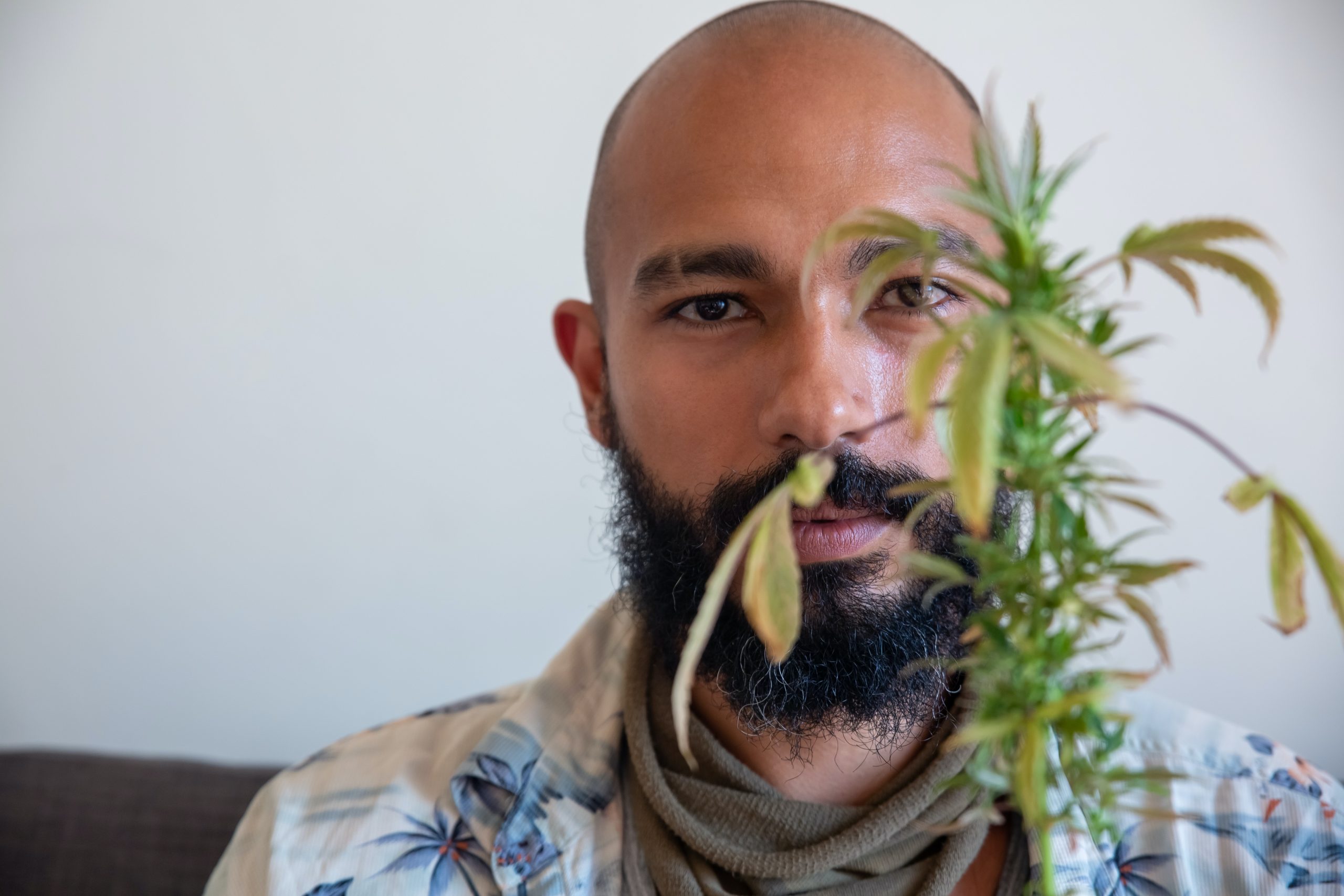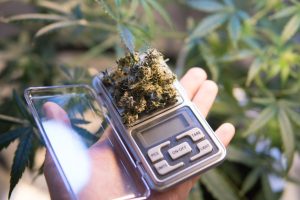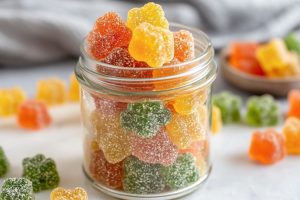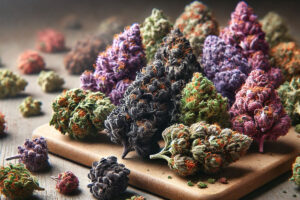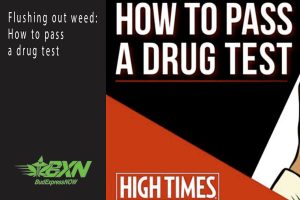Those farming marijuana want restrictions on cannabis lifted. The supposed difference between the plant between other vegetables and produce shouldn’t matter. Local Hamilton farmers and other members of the city’s agriculture and rural affairs committee spoke out on these issues March 19. However, some don’t consider cannabis the same as other farmed products. So, those who want to keep the restrictions in place say cannabis growers should use alternative land.
Pot Isn’t Produce?
Pulling the current restriction on cannabis farming would allow greenhouses to exceed 2,000 square metres. Coun. Lloyd Ferguson fears that this change would fill Ontario’s Greenbelt with “huge bunker style cannabis-facilities”. Instead, he says this land should be reserved for produce alone. “I don’t believe the greenbelt was intended to grow marijuana.” But who decides what land was intended for? With the restriction lifted, there would be more medicinal marijuana corporations in Hamilton.
Marijuana As An Agriculture Product
Mel Switzer of Binbrook, a Hamilton Wentworth Federation of Agriculture rep, voted against Ferguson in late February. Switzer said that actually,”marijuana is classified as an agriculture product”. “The government is saying that, and so is the federation of agriculture.” What’s growing inside the greenhouse doesn’t really matter much to Swtizer. “A greenhouse is a greenhouse, whether you’re growing cannabis or flowers or tomatoes.”
A Divide In The Agriculture Community
The divide amongst the agriculture community on cannabis is not new. But the issue is more pressing now than ever before with legalization fast approaching. The Canadian government is scheduled to legalize marijuana this summer. The farmers in favour of lifting the cap appreciate the boost in value marijuana would bring their land. But those against lifting the restriction say the land is for growing food, not pot. The reason? That large greenhouses would compromise the land. They said that instead, marijuana should be farmed on older industrial land. Beleave and Green Organic Dutchman companies say they can’t do that because the air is too polluted. If the crop gets even a little polluted, the company has to destroy it, said Ian Wilms, vice chair of Ancaster’s Green Organic Dutchman.



